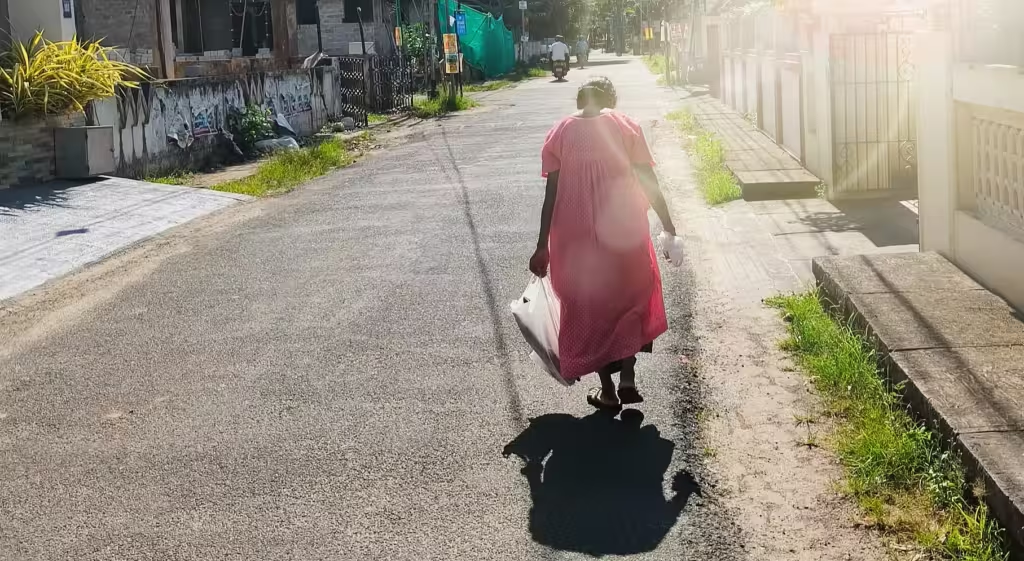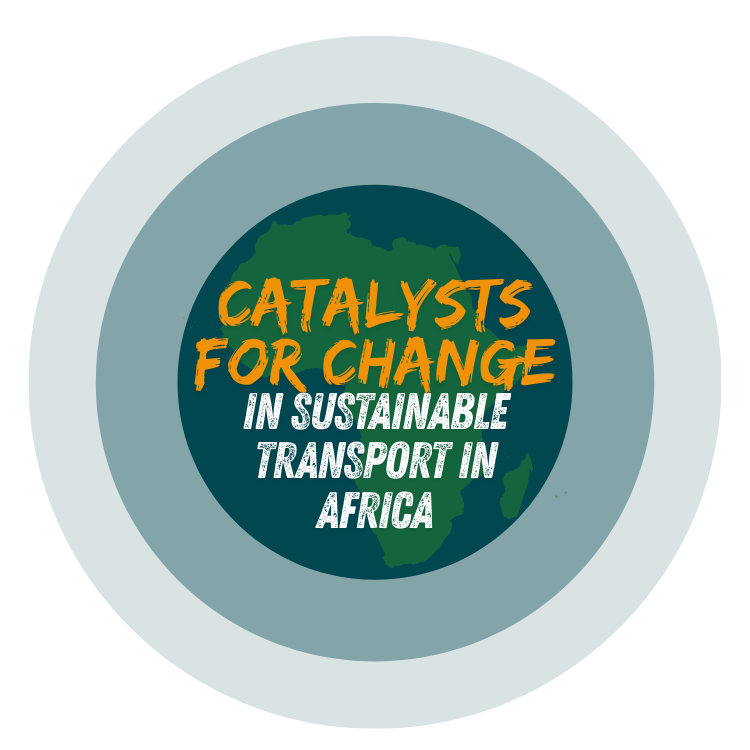
In Kochi, like in many Indian cities, most daily journeys begin and end on foot. Yet, safe, continuous, and accessible footpaths are still the exception, not the norm.
Across the city, broken sidewalks, dark junctions, and parked cars on footpaths make walking a challenge – especially for children, older adults, and people with disabilities. With limited municipal budgets, addressing every street at once isn’t realistic. But what if there was a way to prioritise the most important pedestrian routes, involve residents directly, and ensure that every rupee invested delivers the greatest possible impact?
This is the vision behind Walkable Kochi, a pilot launched by GIZ under the SUM-ACA project. The initiative places walking at the centre of urban mobility: not as means of transport, but as a right to safe and accessible public space.
By combining smart spatial tools with community participation, the city is now identifying and upgrading Priority Walking Networks (PWNs) — the footpaths most people rely on — and directing investments where they matter most.
As Kochi grows, so do its traffic and infrastructure pressures. But pedestrian needs have long been sidelined in favour of car-centric development.
The problem wasn’t just poor infrastructure. It was also a lack of data and tools to identify where upgrades would be most effective. And with limited city budgets, planners faced tough questions: Which footpaths should be improved first? How could they justify decisions to the public? And how could they make streets safer, cleaner, and more inclusive without major resources?
A city shouldn’t be dominated by flyovers. We need open, green and walkable spaces. A healthy environment means better footpaths, not just good roads.
Adv. M. Anilkumar, Mayor of Kochi Municipal Corporation
The solution began with a simple shift in mindset: use data to guide action, and include citizens from the start.
Together with local ward councillors and the municipality, GIZ introduced the StepUP tool — a digital platform designed to help cities map, assess, and prioritise key pedestrian routes. At the heart of the tool is the idea of identifying Priority Walking Networks, high-use corridors that connect schools, markets, transit hubs, and hospitals.
But with limited resources, improving every footpath wasn’t realistic. Kochi instead focused on identifying and investing in the most critical walking infrastructure. Through spatial analysis, community input, and rapid audits, the city took a structured approach to walkability:
During the audits, every street element was assessed and grouped into 10 categories of “walkability inhibitors”, from potholes and waste to poor lighting and accessibility barriers.

These insights were validated by residents, who played a hands-on role in identifying issues and proposing improvements. Together, they shaped a shared vision of safer, more walkable streets — one footpath at a time.
Thanks to this process, Kochi now has a clear, evidence-based strategy for improving pedestrian infrastructure — street by street, ward by ward.
The shift is not just technical, but institutional:
Early improvements are already visible. Safer crossings, smoother access to schools and markets, and cleaner, unobstructed footpaths are making daily life easier — especially for children, older adults, and people with disabilities. For many, this means more independence, confidence, and dignity in moving through their city.
Walkable Kochi is still in its early stages, but it’s laying the groundwork for more ambitious change. The project is now working to integrate walkability into wider mobility planning, link with last-mile transit, and expand the use of StepUP to other Indian cities.
The lesson is clear: transformative change doesn’t always require big budgets, but it does require clarity, collaboration, and courage.
Walkable Kochi shows how smart tools and citizen voices can turn small interventions into big impact, one street at a time.
The Sustainable Urban Mobility – Air quality, Climate action, Accessibility (SUM-ACA) project is funded by the German Federal Ministry for Economic Cooperation and Development (BMZ) and implemented by Deutsche Gesellschaft für Internationale Zusammenarbeit (GIZ) GmbH.
If you believe that you suffer (potential) negative social and/or environmental consequences from IKI projects, or wish to report the improper use of funds, to voice complaints and seek redress, you can do so using the IKI Independent Complaint Mechanism.
